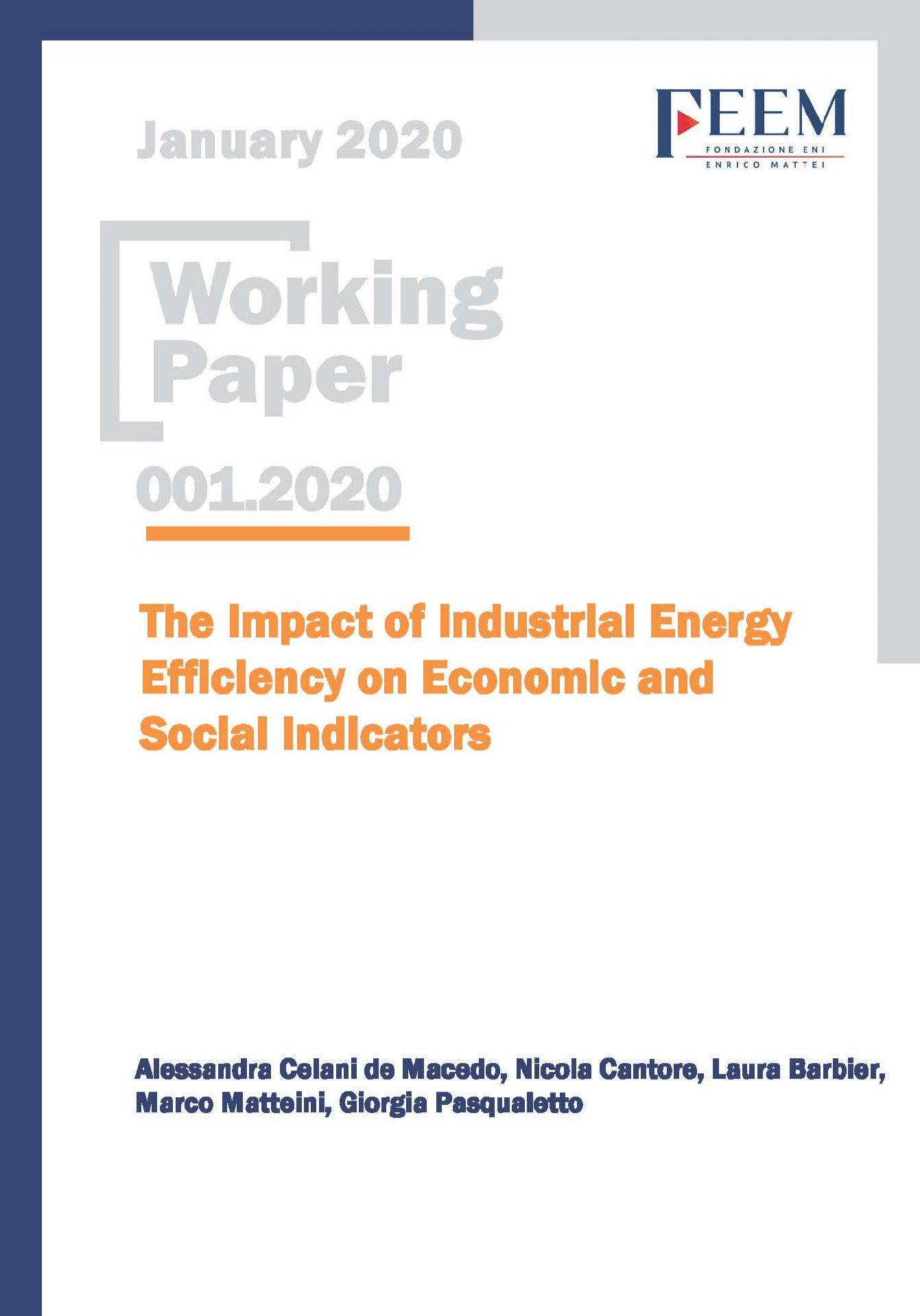The Impact of Industrial Energy Efficiency on Economic and Social Indicators

29.01.2020
Q40, Q49
Economics, Input-output Analysis, Employment Creation, Energy Efficiency
Firms and Cities Towards Sustainability
Stefano Pareglio
Inclusive and sustainable industrial development implies environmental friendly industrial growth with positive implications for social targets such as employment generation. One of the most important options available to policymakers for reducing CO2 emissions is industrial energy efficiency, which is particularly relevant for the discussion on green industrialization. Despite this intuitive concept, the economics measurement toolkit still lacks a methodological framework to analyse the extent to which energy efficiency interventions can generate simultaneous economic, environmental and employment-related improvements to boost inclusive and sustainable industrial development. This study fills this gap by introducing an original approach based on input-output tables to estimate the impact of improvements in industrial energy efficiency on value added, employment and energy savings among industries in the Republic of North Macedonia. The results show that triple dividends are possible in terms of inclusive and sustainable industrial development. Whereas a positive impact on employment is found in every scenario, a positive outcome in terms of value added essentially depends on the country’s capacity to produce goods that accommodate firms’ increasing demand from their use of energy cost savings.
***
Suggested citation: Celani de Macedo, A., N. Cantore, L. Barbier, M. Matteini, G. Pasqualetto, (2019), ‘The Impact of Industrial Energy Efficiency on Economic and Social Indicators’, Nota di Lavoro 1.2020, Milano, Italy: Fondazione Eni Enrico Mattei.
